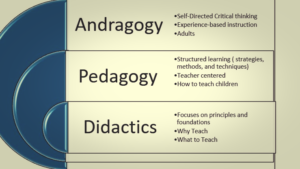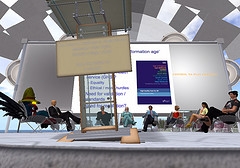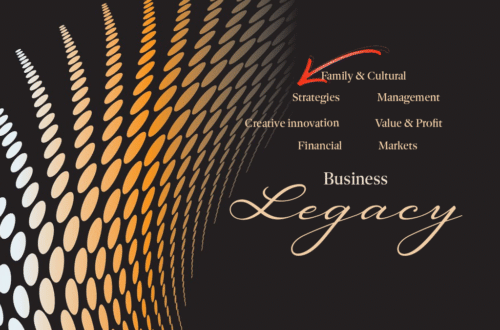
Cramming for that exam!
As an educator, does it make you cringe when your students only cram for an exam the day before, just to spit out all they learned the next day?
Who is influencing our students?
Educators generally stray away from encouraging students to cram for information for short term gain. Rather most will encourage alternative methods and learning strategies for their students. Strategies like active learning, spaced practice (spaced over time with intervals), and critical thinking. All of which support learners in gaining better understanding of concepts and help improve retention and scoring.

In this diagram is a simple representation for the science of teaching and instruction, starting with the didactics at the bottom. Didactics focuses on the principles and foundations surrounding teaching (What and why teach). Pedagogy (How to Teach) is structured and generally teacher led. Students learn strategies, methods and new techniques that help them build upon their knowledge base. Andragogy at the top deals with adult learning, experienced based instruction, and is self-directed with an emphasis on critical thinking.
Where a person falls within a category depends largely on their learning strengths and desire to acquire a deeper understanding of a particular subject matter. Whether the subject matter is applied or researched based, all three categories still apply, and we all go through them.
Riding the AI Wave
Educationally, we are now riding the AI wave. Let me tell you, that wave is not only high, but long in nature. While teaching hasn’t changed under AI, the methods and delivery are. I do take an issue with it somewhat. If a student is using AI to cram for an exam, there is still the potential that learner won’t be successful. You still have to use your brain! Especially if all you are getting from AI is a summary.
I get it, AI models are becoming trainable, but how quickly they learn and now efficient they are, is still very much debatable. Entering that debate, I do agree that the rules of education are changing. The rules are more acceptable to open learning concepts and styling. So far however, I’m not seeing where AI will increase the critical thinking that a learner needs.
There are many theories on Critical thinking in education: Some of the big names come to mind: Watson, Pavlov, Piaget, Dewey, Bandura, Vygotsky, Skinner, and more. While I do tend to lean more toward the Skinner Theory of operant conditioning and reinforcement, I must pull from just about all the major thought leaders within this realm now-a-days. Five years ago, I wouldn’t have. But the times and tide have changed.
Brain in a bucket philosophy
By learning as much as you can, its like eating an apple a-day. It keeps the radical influencers away. You see these influencers everywhere: on the news, on social media, in the classrooms, on campus, raves, everywhere. Higher Education has taken a massive ding to the head. Higher Education has allowed a host of bad actors to disrupt the active learning and social promise of our society.
Hopefully most people have already learned how to spot these influencers. These influencers often dictate to everyone that they must think and act the same. You must fall in line, watch this, think that, and don’t forget to buy the T-shirt!If some of these philosophers were to tell their followers to walk off a cliff, seriously some would. Your mind isn’t very good if you don’t use it to make the world a better place for everyone. A place to start is within education. Higher Education especially. It’s time to let the influencers leave, and gain our students back. Learn, teach, experiment! Be open to the voices that speak common sense. Plant a seed!
Don’t forget to buy the t-shirt!
Things we all need to do.
· It is up to all of us who teach to support learners to help them gain a better understanding of basic concepts, ones that improve retention and scoring.
· Students learn strategies, methods and new techniques that help them build upon their knowledge base. It’s okay to try and fail – but teach them to keep trying until it happens.
· Not all subject matter experts are experts. Use your mind.
· Not everyone will be jumping on the AI wagon. If a student is using AI to cram for an exam, there is still the same probability that learners won’t be successful.
· The rules of education are changing. The rules are more acceptable to open learning concepts and styling.
Independent and informed learners that’s what is needed.



